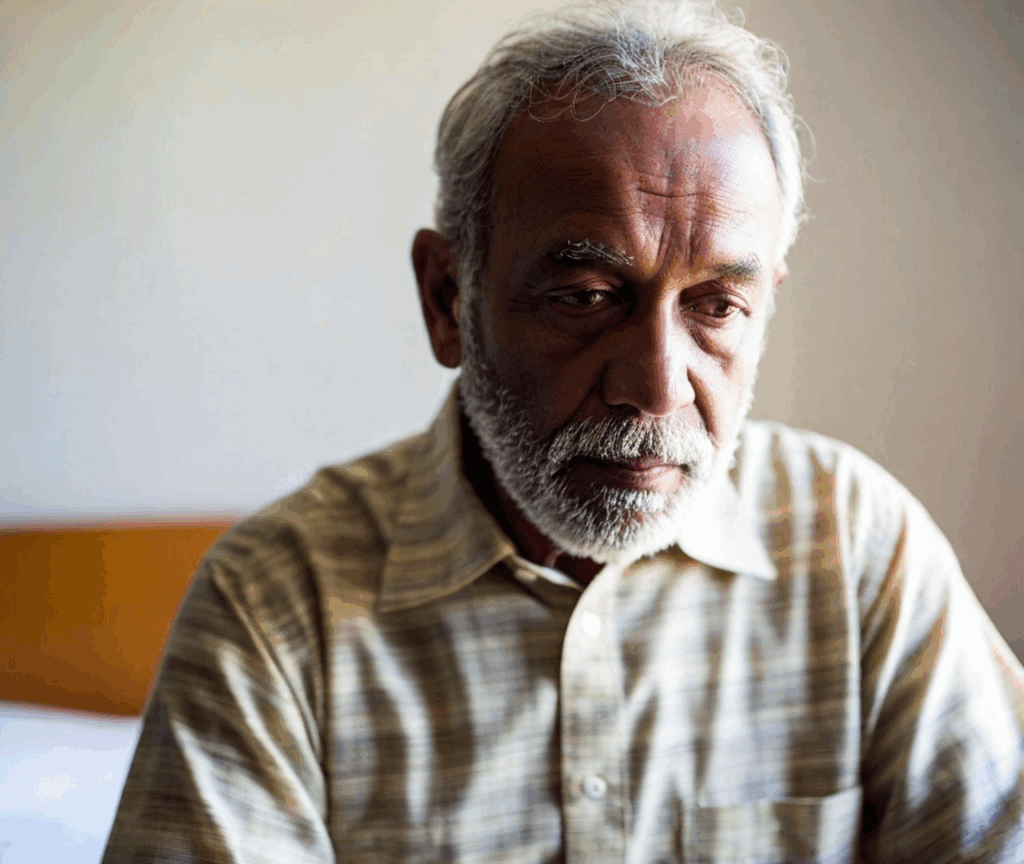Receiving a diagnosis of Alzheimer’s disease or another form of dementia can be life-altering—not just for the individual, but for their entire support network. Yet, while the diagnosis is often the focus of clinical conversations, true care for those affected by dementia goes far beyond the medical label. A holistic approach to elder care looks at the entire person—their body, mind, environment, relationships, and spirit—to offer support that nurtures quality of life, dignity, and emotional well-being.
As we observe Alzheimer’s and Brain Awareness Month, it’s the perfect time to spotlight the importance of comprehensive care that transcends diagnosis and focuses on compassionate, individualized support for our aging population.
The Limits of a Clinical-Only Model
Traditionally, dementia care has centered on diagnosis, medications, and cognitive decline metrics. While these clinical tools are essential, they offer only a partial picture of what people with Alzheimer’s truly experience day to day.
Cognitive symptoms are just one dimension. Many individuals also face emotional distress, physical limitations, sleep disturbances, loneliness, and communication challenges. A diagnosis can inadvertently narrow care into a checklist of treatments, overlooking the human story behind the symptoms.
Holistic care seeks to restore that balance—treating the person, not just the disease.
Principles of Holistic Dementia Care
A truly holistic elder care plan includes multiple interconnected components:
- Physical wellness: Ensuring proper nutrition, movement, sleep hygiene, and pain management.
- Cognitive stimulation: Activities that support memory, creativity, and problem-solving, such as puzzles, storytelling, or music therapy.
- Emotional and spiritual support: Attending to the mental and spiritual well-being of the individual through counseling, meditation, chaplain visits, or time in nature.
- Social interaction: Encouraging connection through group activities, family visits, and meaningful conversations.
- Environmental design: Creating dementia-friendly living spaces that minimize confusion and promote independence.
- Caregiver wellness: Supporting those who provide care so they can offer consistent, compassionate assistance without burnout.
Personalized Care Plans: Meeting Individuals Where They Are
Alzheimer’s and other dementias affect people differently. One person may retain social skills but struggle with daily tasks. Another may need help expressing emotions but remain physically independent. That’s why cookie-cutter care plans fall short.
Holistic care begins with understanding each person’s background, preferences, and strengths. It respects their routines, values, and identity. A personalized approach might include:
- Using familiar music from a patient’s youth to soothe agitation
- Encouraging journaling or scrapbooking to promote memory recall
- Incorporating spiritual practices like prayer or mindfulness into the care routine
- Offering multilingual support if English isn’t the person’s first language
- Honoring dietary restrictions or cultural traditions around meals
These efforts show respect for the whole person—and they often lead to better engagement and reduced behavioral symptoms.
Integrating Alternative Therapies
While traditional medicine plays a central role in dementia care, many alternative or complementary therapies can enhance well-being when thoughtfully integrated. These include:
- Aromatherapy: Scents like lavender or citrus may reduce anxiety or lift mood
- Massage and touch therapy: Gentle physical contact can ease tension and offer comfort
- Art and music therapy: Creative expression often bypasses the barriers of memory loss, allowing for joy and communication
- Pet therapy: Interaction with animals can bring a sense of calm and connection
- Nature therapy: Time outdoors or in a garden setting may reduce agitation and improve mood
While not all therapies are right for every individual, a customized mix of these non-pharmacological options can greatly improve quality of life.
Supporting Families Through the Journey
Holistic elder care doesn’t stop with the person diagnosed. It must also extend to their loved ones. Families often experience grief, guilt, fear, and overwhelming stress. They need more than medical updates—they need guidance, reassurance, and resources.
Effective holistic care teams offer:
- Family education and training
- Support groups and counseling
- Tools for better communication and behavior management
- Respite care to allow family members to recharge
- Legal and financial planning resources
When families are informed and supported, they’re better equipped to provide consistent, loving care.
Creating a Healing Environment
The physical environment plays a crucial role in holistic dementia care. Thoughtful design can reduce falls, confusion, and agitation while supporting independence and safety. Key strategies include:
- Clear signage and visual cues (e.g., colored bathroom doors)
- Clutter-free rooms with familiar décor
- Consistent lighting to reduce shadows and promote circadian rhythms
- Safe walking paths indoors and outdoors
- Memory walls or photo boards for identity reinforcement
Whether in a private home or care facility, these changes foster dignity and security.

